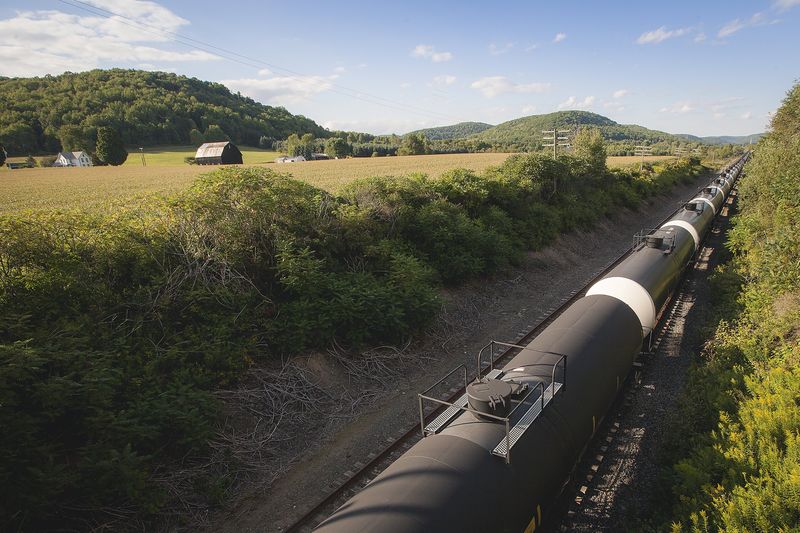By Olzhas Auyezov
(Reuters) - Countries across energy-rich Central Asia are a long way from readjusting to lower oil prices and will need to carry out large-scale reforms to regain competitiveness, a senior World Bank economist told Reuters in an interview.
Failure to do so could undermine ruling elites and create serious political risks, said Hans Timmer, chief economist for the Europe and Central Asia region of the World Bank.
"Anxiety among the population... should be taken seriously. Remember the Arab Spring? Or populism in Europe and the United States? Something like that could happen in Central Asia if no adjustments are made," Timmer said by telephone from Astana.
Although only Kazakhstan, Turkmenistan and Uzbekistan are energy exporters, Kyrgyzstan and Tajikistan have also benefited from petrodollars, largely thanks to remittances from hundreds of thousands of their citizens working in Russia.
Following the plunge of global oil prices, all five Central Asian states have seen their currencies fall sharply against the dollar and their economic growth significantly slow.
"The main challenge (for Central Asian nations) is rebalancing their economies to adjust to the new economic reality of lower oil prices seen since 2014," Timmer said.
Other major issues faced by Central Asia's 70 million inhabitants are adjustments in the neighboring China's economy and global technological changes, he said.
Timmer compared the situation to the early 1990s when the former Soviet republics were plunged into poverty and chaos by the collapse of the Soviet Union and had to reform quickly and under pressure.
"I think this risk (of the events of the early 1990s repeating) is there, and everybody has to learn from that experience," he said. "Not transforming is a huge risk."
UBER FOR TRACTORS
Economies in the region lost their competitive edge during the oil-fueled boom, while a lot of investment went into sectors producing non-tradable goods such as the construction and property industry, Timmer said.
The primary concerns now are government finances - states across Central Asia are borrowing to finance spending - and financial sectors, which are riddled with bad debt.
But fundamentally, reforms need to focus on improving the business environment, he added.
"Ultimately, the goal should be creating an environment where new jobs are being created," Timmer said.
The region needed to take advantage of all opportunities, he said, for example developing horticulture in Uzbekistan, where farmers need access to credit, a level playing field and help with implementing new technology.
Uzbekistan could also benefit from "an Uber-like system" for renting tractors and other agricultural machines, he said.
China's evolution into an exporter of foreign direct investment and its "Belt and Road" infrastructure project was another opportunity for the region which, after currency devaluations, can offer cheaper labor than China itself.
FLEXIBILITY
China could also serve as a good example of policy flexibility for the region, which is dominated by autocratic governments where vested interests sometimes stand in the way of change, Timmer said.
Asked if deep structural economic reforms were possible without political ones, he said:
"It all depends on the extent to which the existing political powers see the urgency and the need to reform."
Citing his experience of working with the Beijing government on its China 2030 programmer's, Timmer said he was surprised by "how much they wanted to change their policies, sometimes going 180 degrees".
"You need the same kind of attitude," he said.
He stressed the importance of avoiding moves such as bailing out businesses run by the elites and the need to make way for grass roots decision-making.
"All countries in the region except maybe for Kyrgyzstan have a tradition of top-down guidance of the economy. But the ultimate solution will at least partly come from a bottom-up approach," Timmer added.
